Common Name: Yellow Snake Skin Guppy
Scientific Name: Poecilia reticulata
Genus: Poecilia
Wild Origin: Selectively bred; wild ancestors originate from freshwater rivers and streams in South America, particularly Venezuela, Guyana, and Trinidad.
The Yellow Snake Skin Guppy is renowned for its distinctive patterning that resembles snake skin, characterized by rosettes or reticulations on a yellow base color. The males typically exhibit more vivid and complex patterns, especially on the body and tail, while females might have less pronounced colors, mainly on their fins. These guppies grow to about 1.5 to 2.5 inches (3.8 to 6.3 cm) with males being smaller and more colorful than females. They have a lifespan of approximately 2-3 years with proper care.
Habitat and Tank Requirements:
Yellow Snake Skin Guppy thrive in warm, clean water with a mix of open swimming areas and planted spaces. Their vivid coloration is best showcased in a well-lit aquarium.
Tank Size and Water Parameters:
| PARAMETER | RECOMMENDED |
|---|---|
| Tank Size | Minimum 40 litres |
| Temperature | 72-82°F (22-28°C) |
| pH | 6.8-7.8 |
| Hardness | Moderately hard water, 8-12 dGH |
A planted tank with live plants such as Java moss, Anubias, or floating plants provides hiding spots and grazing surfaces, creating a natural and visually appealing habitat. A soft substrate of sand or fine gravel enhances their environment, and gentle filtration is essential to maintain water quality without creating strong currents. Regular water changes are crucial for keeping them healthy.
We Recommend:
These carefully selected options provide a well-balanced nutritional profile, ensuring that your fish receive the essential nutrients they need for optimal growth, vibrant colors, and overall health. By offering a variety of these high-quality foods, you can help maintain the vitality and well-being of your fish, promoting a healthy and thriving aquarium environment.
Behavior and Compatibility:
The Yellow Snake Skin Guppy are peaceful, social fish that enjoy being in groups. If kept with females, maintain a ratio of 2-3 females per male to reduce stress from excessive mating behavior.
They are ideal tank mates for other peaceful species, such as tetras, rasboras, Corydoras catfish, and shrimp. Avoid housing them with fin-nipping fish like tiger barbs, as their long, flowing fins may become a target.

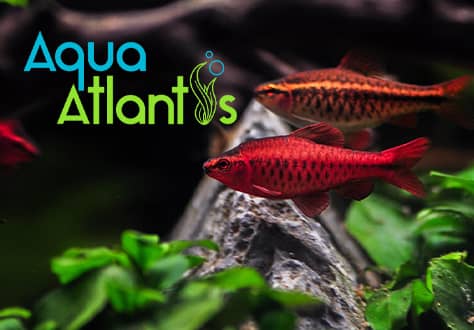















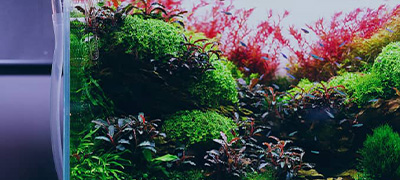



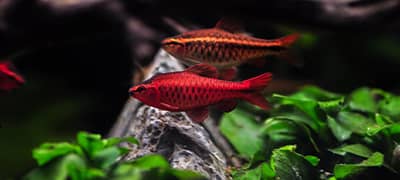
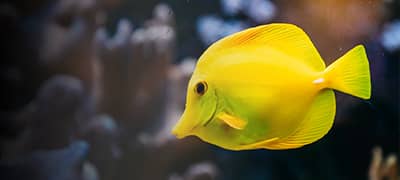
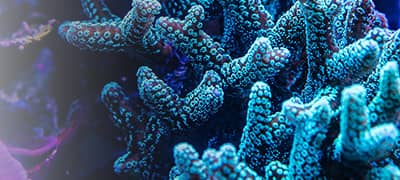
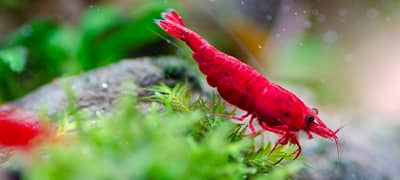









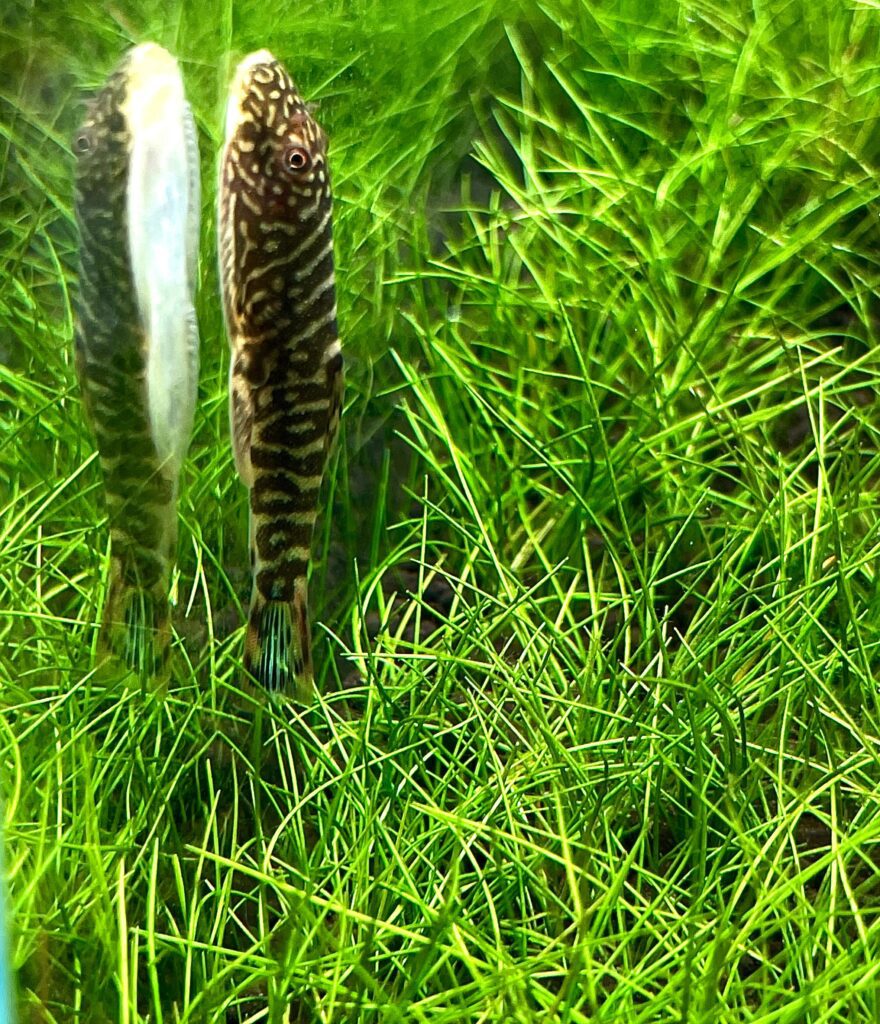



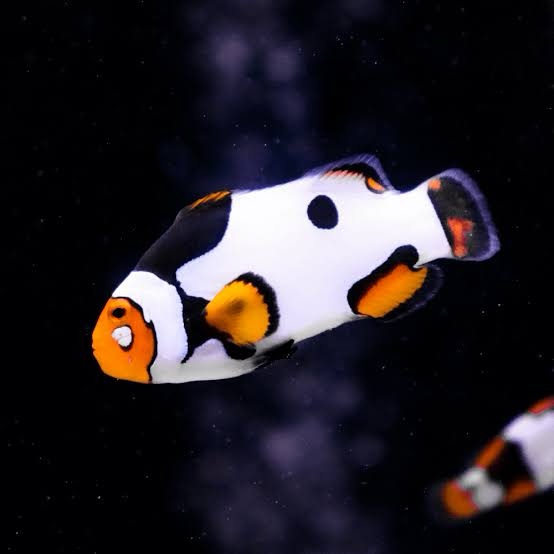


Reviews
Clear filtersThere are no reviews yet.